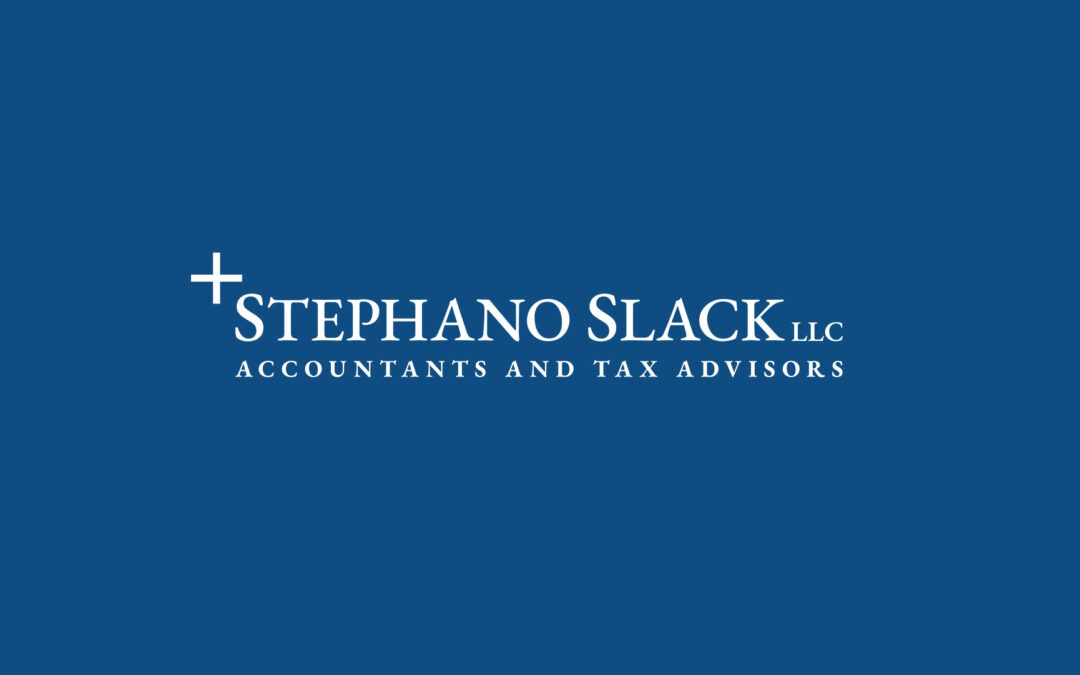The accounting landscape in the United States was inundated at the end of 2017 with the impact of the Tax Cuts and Jobs Act (TCJA) on individuals and their personal tax returns. Now that the tax deadline has come and gone, business owners need to focus on how President Trump’s tax reform will impact their companies and their planning for the future. The initial impact of the TCJA was felt by most C-corporations during 2017. Corporations with deferred tax asset and liabilities recognized the reduction of the corporate tax rate from a graduated tax rate with a ceiling of 35% to flat 21% tax rate. This reduction, in many cases, significantly improved the balance sheets of corporations with large deferred tax liabilities. In addition, many large companies will recognize a significant increase of the corporations’ net profits in the years to come as a result of the TCJA. Aside from the changes to the tax rates applicable to corporations, the TCJA will impact corporations and their deferred tax asset/ liabilities in the following ways:
- Net operating losses (NOLs) previously were able to be used to offset nearly all of a corporations’ net income. Under the TCJA, corporations can now only deduct up to 80% of taxable income. The offset to the reduction is NOLs can now be carried forward indefinitely, instead of 20 years. Under the new law, NOLs can no longer be carried back two years.
- Like-Kind exchanges for property held for productive use in a trade or business or held for investment were previously allowed with no gain or loss recognized by the corporation. Under the new law, the non-recognition of gains and losses is limited the like-kind exchanges of real property that is not held primarily for sale.
- The depreciation limitation for luxury automobiles have increased under the TCJA. These limitation increases apply to every year the automobile is in service. For example, under the old law, the maximum deduction for the first year the automobile is placed in service was $3,160. Under the new law, the maximum deduction is now $10,000.
- Section 179 expensing under the TCJA has increased from $500,000 to $1 million, with the corresponding threshold for asset additions increasing from $2 million to $2.5 million.
- Bonus depreciation rules have also been modified under the new tax law. Previously, companies could expense 50% of the cost of new assets placed into service. Under the TCJA, companies can now deduct 100% of the costs of both new and used assets purchased during the year. (This tax provision is set to expire on December 31, 2022.)
- The TCJA limits the net interest expense deduction to 30% of adjusted taxable income without regard to depreciation, amortization, and depletion. After December 31, 2021, depreciation, amortization, and depletion will be factored into the computation of taxable income. Disallowed interest will be allowed to be carried forward indefinitely.
The TCJA will impact corporations and their current tax provisions in the following ways:
- The dividends received deduction corporations receive from other taxable corporations is reduced. Corporations previously enjoying an 80% deduction from a 20% owned corporation will now only recognize a 65% reduction. Likewise, companies previously recognizing a 70% deduction will now only be able to take a 50% deduction on the dividends received. (Applicable taxable income limitations have also been reduced.)
- Under the TCJA, no deduction is allowed for entertainment, amusement, or recreation. Under the previous law, companies were allowed to deduct 50% of these expenses. Corporations need to carefully allocate expenses between entertainment and food and beverage. The new law still allows the 50% reduction for food and beverage expenses associated with operating the business.
These changes to the tax law noted above will impact managerial decisions about how to use company assets that will not only impact the bottom line of the financial statements, but will directly impact the company’s taxable income and future deferred tax assets and liabilities.
Richard Skinner, CPA
302-777-7400



Recent Comments